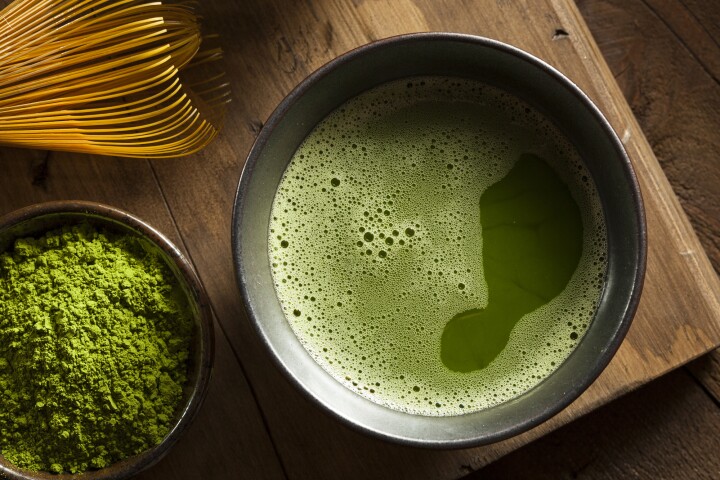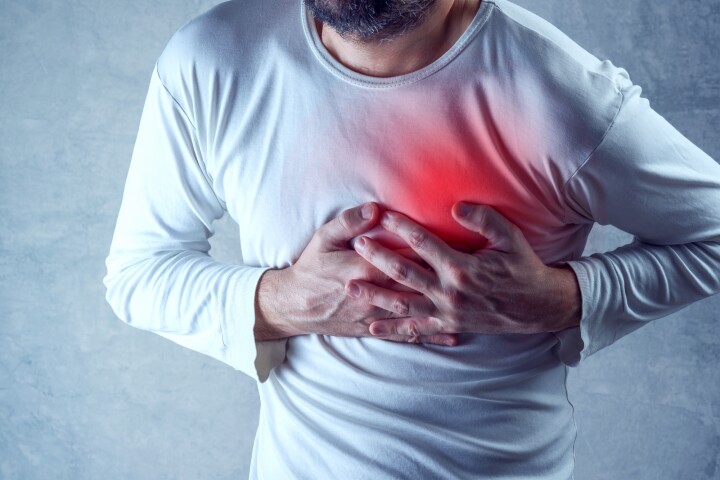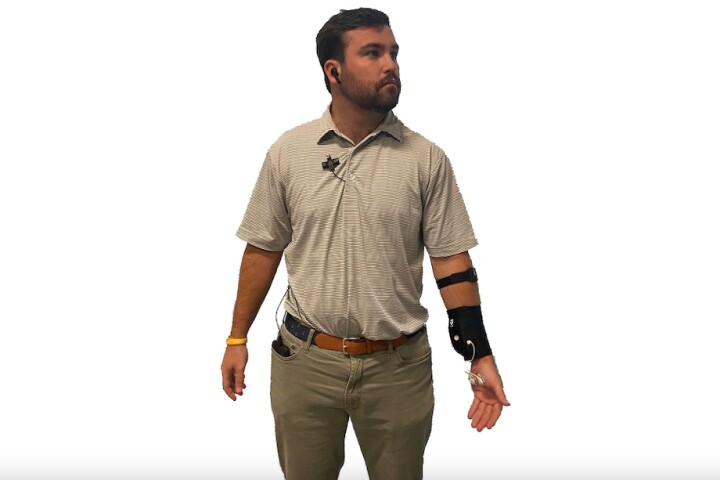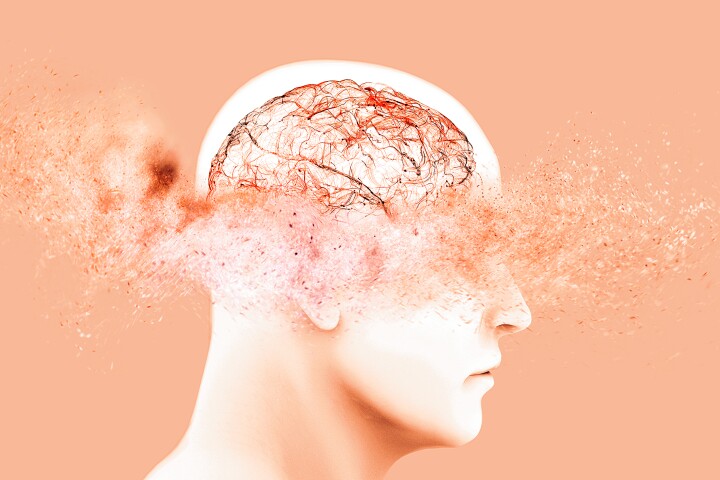Stress
-
A study of white-collar workers has found that men who experience work stress coupled with a job that requires high effort for low reward are at double the risk of developing heart disease, having a similar impact on heart health as obesity.
-
Breathing exercises – in which a person takes slow, deep breaths – have been shown to reduce stress and anxiety. Focusing on breathing in this manner can be difficult, however, which is where the PAWS "breathing ball" is designed to come in.
-
Stress and depression often go hand-in-hand. Now, new research has discovered that the antidepressant agent KNT-127 can also reduce stress levels. This opens the door to the development of treatments that can alleviate both depression and stress.
-
For some people, wandering around a gallery to ponder over a Picasso, revel in a Rembrandt, or find meaning in a Magritte can boost their mood and improve their well-being. But is the same true for viewing art online? New research says that it is.
-
One of the problems with stress is the fact that it can sneak up on you, so by the time you realize you're stressed, you're overdue for a break. Soon, however, it may be possible to warn of problematic stress by analyzing workers' typing and mousing.
-
A tea that’s been around for more than 900 years might be just what the doctor ordered as a treatment for depression. Already renowned for its health benefits, researchers have now demonstrated matcha tea’s antidepressant-like effects.
-
Heart failure caused by a heart attack is a leading cause of death worldwide and the risk factors associated with this cardiovascular disease are well known. Now, new research indicates aircraft noise should be added to that list.
-
Although there are things we can do to reduce stress, most involve stopping what we're doing – which isn't always possible. A new study, however, suggests that the automated brushing of hairy skin is an effective form of passive stress reduction.
-
When someone is suffering from post-traumatic stress disorder, psychiatrists will sometimes have them place themselves in stress-triggering environments. An experimental wearable system has now been shown to make such treatment much more effective.
-
While most of us have a pretty good sense of when we're getting too stressed, people with certain mental health issues may benefit from being made aware of the situation. A new palm-worn electronic tattoo could help in that regard.
-
Striking new research proposes taking a common anti-inflammatory drug soon after experiencing a traumatic event could help people forget upsetting memories and reduce their risk of developing post-traumatic stress disorder (PTSD).
-
A new study has shed light on how an experimental drug can reverse some of the damage associated with traumatic brain injury. The findings lay the groundwork for a drug that could prevent the cognitive deficits that follow on from concussion.
Load More











